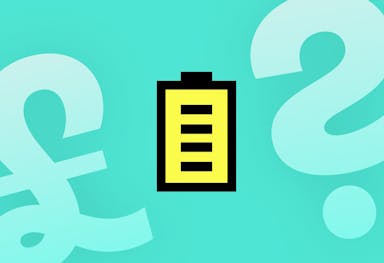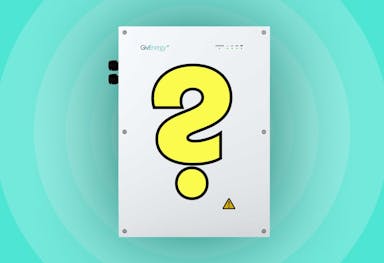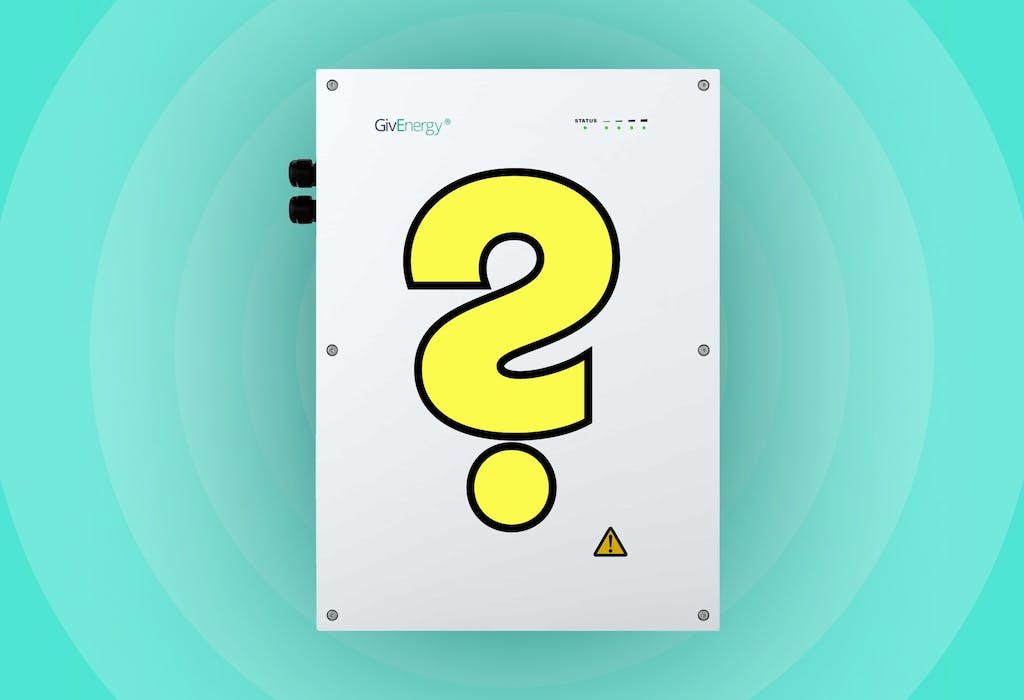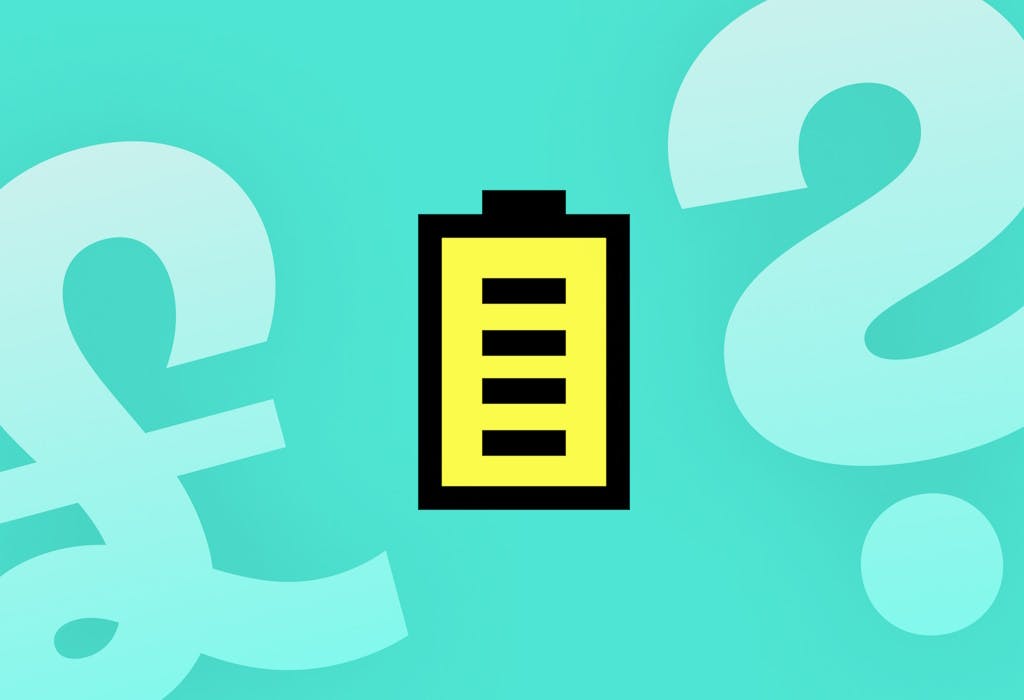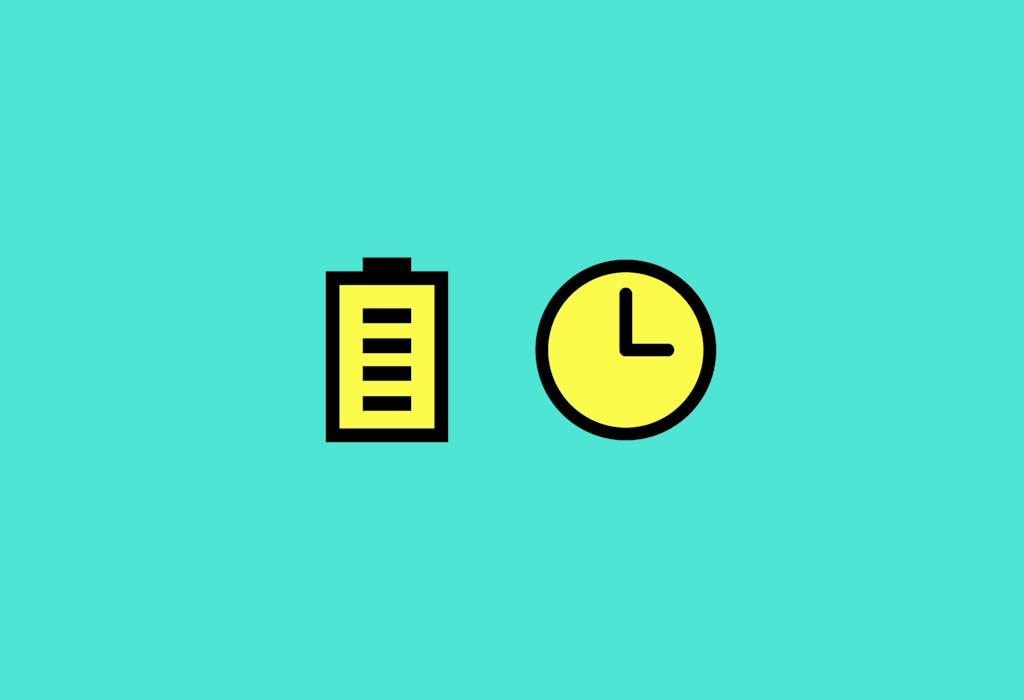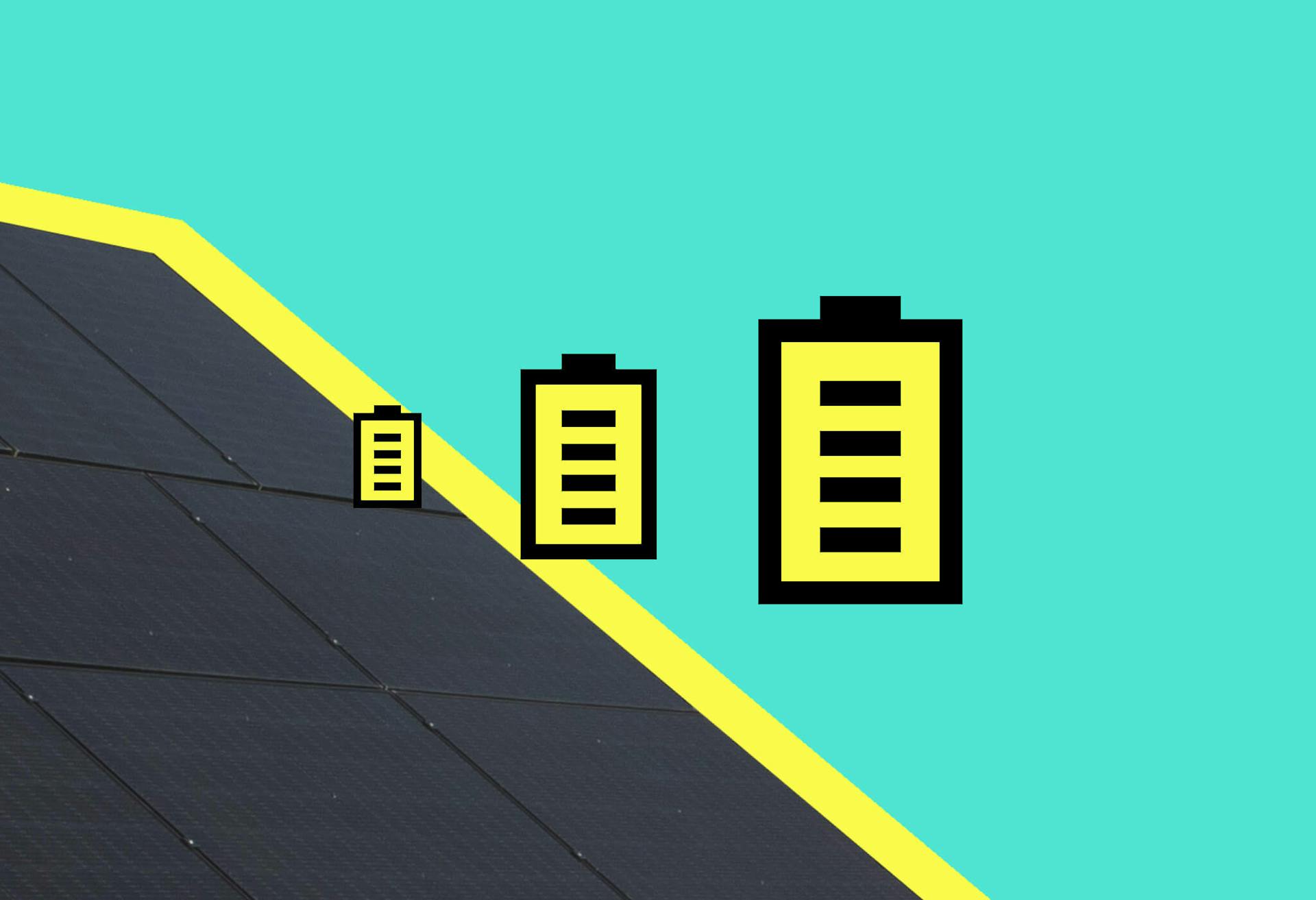- Solar advice hub
- Batteries
- Home battery storage without solar in the UK
Home battery storage without solar in the UK
Understand the key limitations of battery storage without solar panels, and why it’s better to include solar.


Why you can trust our content
We know that the solar industry is full of misinformation, but we only use reliable sources, including:
- Our experienced solar experts, installers and system designers
- Our own database of solar & battery system designs
- Authoritative bodies like MCS and the UK government



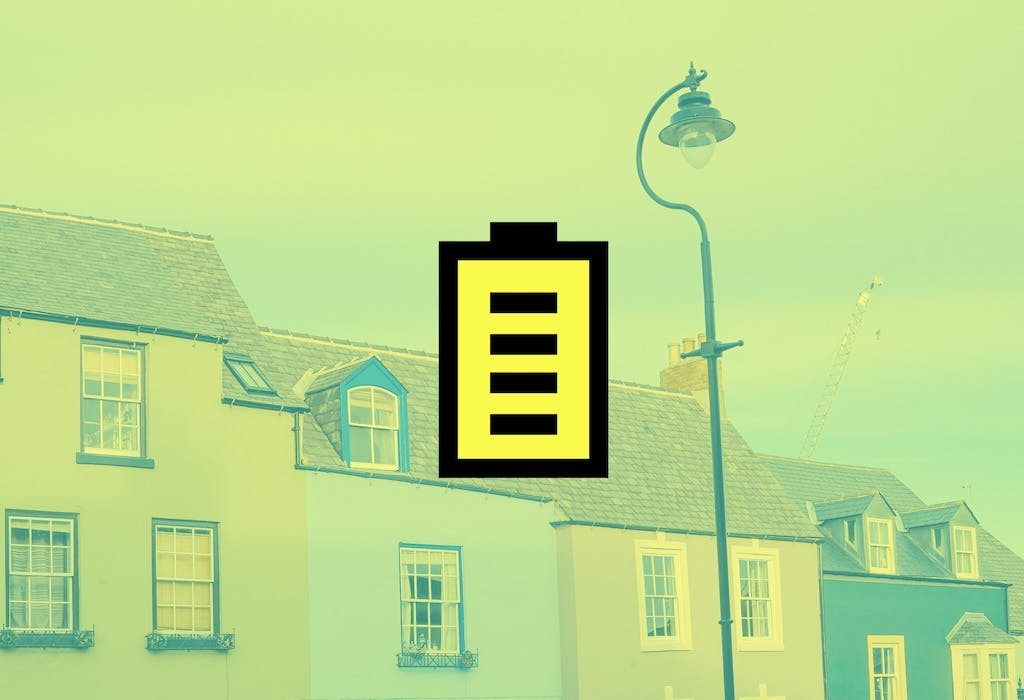
Calculate savings
What kind of home do you live in?
Calculate savings
What kind of home do you live in?
Batteries without solar panels: at a glance
A solar & battery system allows you to generate, store, and export electricity, which can cut your energy bills by hundreds of pounds per year – but it is possible to get a battery by itself.
In this article, we’ll explain how it works to have a standalone battery, how much it costs, and why it makes much more financial sense to get solar panels with your battery.
At Sunsave, we don't install standalone batteries for this very reason. To find out how much a solar & battery system could save you in the long run, answer a few quick questions below and we'll provide an estimate.
Find out how much you can save
What kind of home do you live in?
Can you have a storage battery without solar panels?
Yes, you can have a storage battery without solar panels.
Storage batteries, or battery energy storage systems (BESS), can store electricity from a variety of sources, including the grid or renewable sources like wind or hydroelectric power.
Their primary role is to hold electricity for later use, and it doesn’t actually matter where this electricity comes from.
Batteries are incredibly popular among solar homes, with 94% of UK solar installations between June 2024 and May 2025 featuring both panels and a battery, according to data from Flexi-Orb and EPVS.
Unfortunately, there’s currently no data available for standalone battery installations.
How does it work?
Your installer will first work out where to put your battery, which will ideally be outside or in your garage (as per the latest guidelines).
You’ll also need an inverter that sits one or two metres away from your battery (if it’s not built-in), to enable the system to send information to the grid and your app, which is made by the inverter’s manufacturer.
The installer will also run a communication cable, usually known as a comms cable, between the battery and your supply meter.
It’ll then be up to you to take advantage of the ways having a battery can save you money.
You’ll need to sign up to a time-of-use (TOU) import tariff – that is, one that comes with peak and off-peak periods.
Using your inverter app, you can set your battery to only import electricity from the grid during off-peak periods – usually nighttime hours – then use this electricity to power your home during peak times.
Some batteries communicate with the grid smartly, so they can automatically import electricity when it’s cheapest, but even then, it’s worth checking on them every so often.
Unfortunately, you can’t sign up to any export tariffs, as there are none on the market that work with just a battery.
What are the benefits of battery storage without solar?
There are just two benefits of having a battery without a solar setup.
One is financial – though the money you make will be a fraction of what you can earn with solar panels – and the other relates to blackouts.
- You can buy electricity when it’s cheaper
- You (might) have a backup power source
Let’s go through these two benefits in more detail.
1. You can buy electricity when it’s cheaper
You charge up your battery with off-peak electricity every night, then use it during peak hours.
For this to work, you’ll need to sign up to a time-of-use import tariff – meaning one that has a different price at off-peak and peak times.
This usually involves signing up to an electric vehicle tariff. If you have an EV, you can pick from more than a dozen time-of-use tariffs – but if not, Good Energy EV Charge is your only option.
It comes with five off-peak hours every day, from midnight to 5am, which is enough time to fill most domestic batteries. You’ll only pay 6.6p per kilowatt-hour (kWh) during this period, which is four times less than the current price cap.
The average UK household uses 9.3kWh of electricity per day – so if you have a 5.2kWh battery, you should be able to use cheap, off-peak electricity to power most of your usage.
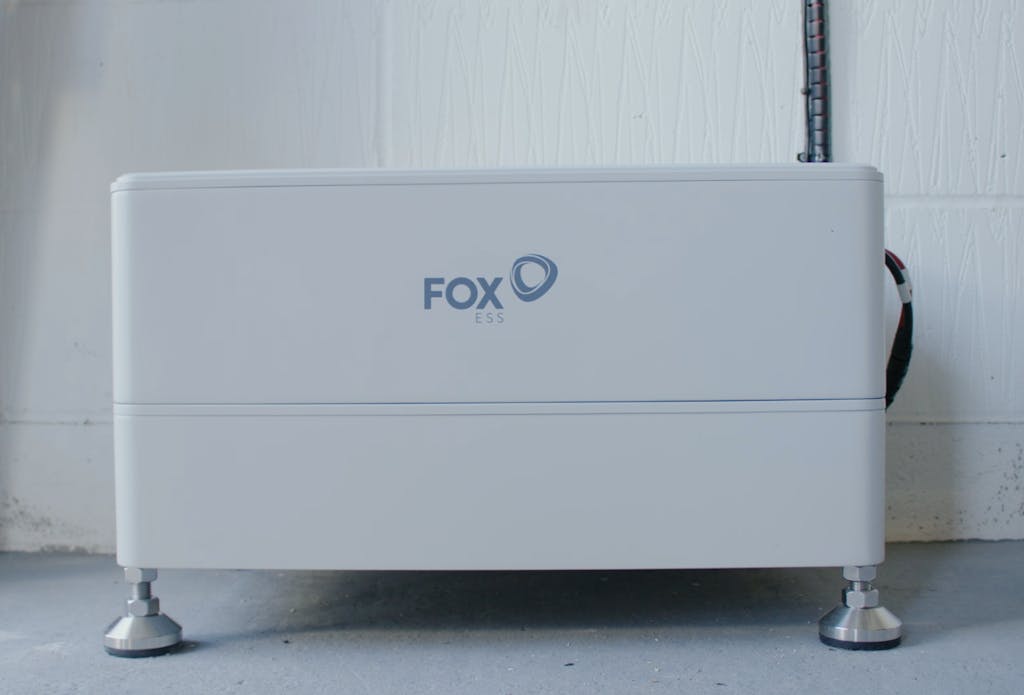
However, since your battery doesn’t cover all your usage, you’ll still have to pay the higher rate on all your electricity consumption that falls in peak hours.
This peak rate will differ depending on where you are in the country, but should be around 29.06p per kWh, which isn’t too bad compared to the price cap.
If you charge a 5.2kWh battery on the off-peak rate every day, you could save around £375 per year, though this figure is subject to multiple factors, like how much peak-rate electricity you use.
However, a battery costs about £3,000-7,000, depending on its size and a few other factors, and installing it as a standalone device may mean paying even more.
That means you're unlikely to break even on a battery before it needs replacing, which typically happens after about 10-12 years.
Before the emergence of time-of-use import tariffs, battery-only homes tended to sign up to Economy 7 tariffs, which come with seven off-peak hours – though usually at a higher rate.
The average off-peak price on an Economy 7 tariff is 14.52p per kWh, as of the October 2025 price cap.
2. You (might) have a backup power source
Some batteries can provide a backup power source during power cuts, called emergency power supply (EPS).
If the battery you choose comes with this function, you’ll still need an electrician to set it up, as it requires a separate consumer unit (also known as a fuse box) to be installed in your home.
This consumer unit is connected to a dedicated EPS socket, specific circuits within your home, or all your circuits. In a power cut, it’ll send the electricity in your battery to these outlets.
However, the UK’s lack of blackouts means this is only really necessary if you have medical equipment that must always remain on.
The average home in this country experiences 0.4 outages per year, and loses electricity for roughly 35 minutes in total, according to the latest Ofgem report.
Lengthy power cuts are rare – and in the unlikely situation that one does happen to you, you’ll still only be able to use the electricity you happen to have in your battery when your area goes dark.
Verified expertSetting up Emergency Power Supply functionality for a battery requires additional hardware, time and labour, which naturally adds to the overall cost. For example, as a vital safety measure, you must have something called an ‘earth spike’ put into the ground about 1.5 metres deep.
Tom Brehme
Technical Manager at Sunsave
Tom has worked in residential solar installation for more than a decade, and is a fully qualified electrician.
What are the disadvantages of battery storage without solar?
The disadvantages significantly outweigh the advantages when it comes to getting battery storage without solar panels.
Here are the biggest drawbacks, compared to getting a solar & battery system:
- It’s more expensive than using solar energy
- You won’t get any export income
- You’re very unlikely to break even
- You’ll be vulnerable to energy price inflation
- There aren’t many TOU import tariffs available
- Your carbon footprint will stay the same
Let’s run through these disadvantages in more detail.
1. It’s more expensive than using solar energy
Even if you sign up to a time-of-use tariff and charge your battery with off-peak electricity, it’ll still be considerably more expensive than it would be if you switched to solar.
After all, off-peak electricity costs more than solar energy, which your panels can generate for free.
With a well-sized solar panel system, you can power a good chunk of your home’s electricity needs all year round, and there’ll be times in summer when your system will take care of your household’s entire daily needs.
In contrast, a standalone battery will get you a few hours of slightly discounted electricity per day.
This is why you’ll typically save hundreds more pounds with a solar & battery system than with a standalone battery.
2. You won’t get any export income
There are currently no export tariffs available to homes with just a storage battery, which is unlikely to change any time soon.
And while battery-only households are unable to profit from their exports, a typical UK home with a solar & battery system can earn £343 per year from selling electricity to the grid.
This figure is based on a home using 3,400kWh of electricity per year (which is the UK average ) with solar irradiance of 850kWh/kWp, a 4.6kWp solar PV system, and a 5.2kWh battery.
The home is signed up to Good Energy's Solar Savings tariff for export, Good Energy EV Charge for import, and exports 65% of its solar electricity.
Even if battery-only tariffs do become available at some point, the benefits are small. Without solar panels, you won’t be generating the daily supply of free electricity that can make exporting to the grid so profitable.
This means you’ll make less money on each kWh you sell, because it’ll cost you the off-peak rate to buy – unlike solar electricity, which is free.
You’ll also have less electricity to export, because you’ll be relying entirely on the energy you can import during your off-peak period.
And if you choose to export all of that electricity, you won’t be able to use it to power your home – so it’s a choice between cutting your import costs and raising your export income. With solar panels, you can do both.
To learn more, check out our guide to the best export tariffs.
3. You’re very unlikely to break even
As mentioned above, a standalone battery costs about £3,000-7,000, depending on its size and a few other factors.
So even though it’ll save you £375 per year on average, you probably won’t break even on it before the end of the standard battery’s lifespan of 10-12 years.
If you include a battery in a solar installation however, the price of labour and the inverter will already be included, which is why it's so much cheaper.
By using the solar electricity it generates and exporting excess energy, you can break even much quicker on a solar & battery system – in just over eight years, on average.
This figure is based on a sample of over 150 systems installed by Sunsave across England and Wales in 2024. The average system is 6.1kWp, with 54% of solar electricity used at home and 46% exported to the grid.
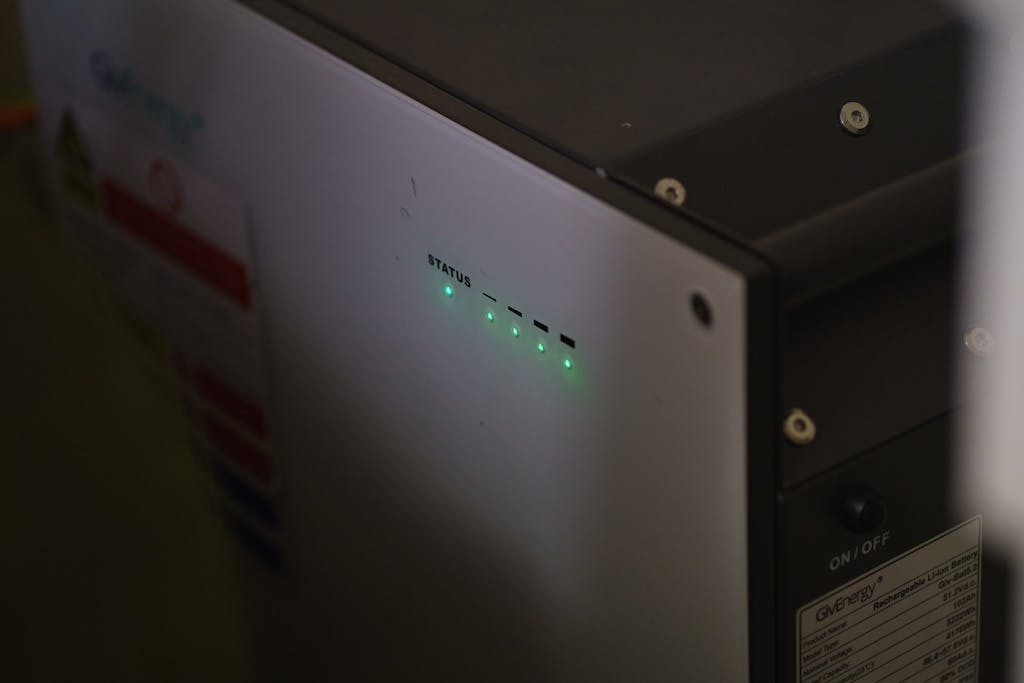
4. You’ll be vulnerable to energy price inflation
Every time energy prices rise, your time-of-use tariff’s rates will likely rise too.
And since you’re only cutting your costs by a fraction with a standalone battery, the effect on your bills will still be significant.
If you have solar panels, this picture changes completely. Your home will generate free electricity that can massively reduce the amount of electricity you require from the grid, all while you earn extra money by selling more excess electricity.
This means that even if electricity prices rise, it won’t make much difference to your bills – and they’re likely to increase, according to historical and current trends.
Between 2000 and 2020, the cost of electricity went up by 5.5% per year, on average.
This pattern may well continue, with the UK’s demand for electricity increasing, our ageing gas and nuclear facilities deteriorating and closing, new nuclear sites being beset by delays, and the country moving towards net zero.
For more detail, read our in-depth guide to the future of energy prices.
5. There aren’t many TOU import tariffs available
Signing up to a time-of-use import tariff is a crucial step on the way to maximising your solar returns – but with a battery, your options are severely limited.
In fact, Good Energy EV Charge is currently the sole tariff available for battery-only households without an EV. If this tariff disappears, the financial benefit of owning a battery would shrink enormously.
This leaves you in the precarious situation of hoping that Good Energy continues to buck the industry trend, which is increasingly to only make EV tariffs available to EV drivers, and solar TOU tariffs available to homes with solar panels.
Suppliers are trying to attract solar and EV homes because they can use them to generate profits, by motivating these households to shift their electricity usage and storage habits.
In this way, they can help the grid to reduce and meet peak demand – and get paid for doing it.
Battery-only homes are less impactful, and are therefore getting left behind.
6. Your carbon footprint will stay the same
A battery will only slightly reduce your carbon footprint, since you’ll import more of your electricity during off-peak periods, which are less carbon-intensive than peak hours.
You’ll save around 80g of CO2 for each kWh of off-peak electricity you use instead of a kWh of electricity generated at peak times. If you have a 5.2kWh battery, that adds up to 152kg of CO2 per year.
With solar panels, you can cut your household’s carbon emissions by 1.1 tonnes per year – around seven times more, and 61% of the average home’s footprint.
This estimate is based on the average saving made by 32 different solar & battery system designs from Sunsave’s database, comprising properties from all over England and Wales. Each system in this sample uses 430W solar panels and a 5.8kWh battery.
If you would like to see the savings you could get from a solar & battery system, just answer a few questions below, and we’ll provide an estimate.
Find out how much you can save
What kind of home do you live in?
How much does a standalone storage battery cost?
A storage battery costs about £3,000-7,000, depending on its size and a few other factors, and installing it as a standalone device can be even pricier.
It's typically more expensive than it would be as part of a solar & battery installation because the cost of the inverter and labour isn't folded in.
If you’re thinking of getting solar panels at any point, it’s worth buying them at the same time you get your battery. It’ll cost less overall, and the sooner you start generating electricity, the more you’ll save.
The price you pay can fluctuate depending on multiple factors including the battery’s brand, the size of the battery, its quality, the type of battery, and the installation’s complexity.
Are there any grants or schemes for storage batteries?
There are plenty of solar panel grants and schemes that offer solar & battery systems, but none that provide free standalone storage batteries.
However, if you have a mortgage with Barclays, Halifax, or Lloyds, you may be able to access a £1,000 cashback after you get a storage battery installed, thanks to their green home rewards schemes.
If you’re looking for a solar & battery grant, ECO4 and the Warm Homes: Local Grant (WH:LG) fund energy suppliers and local authorities, respectively, to make energy-saving improvements to low-income, vulnerable households.
Unfortunately, to qualify for a solar installation through ECO4, your home must be electrically heated, and WH:LG only funds solar installations for energy-inefficient homes in certain areas of England.
The Welsh Government Warm Homes Programme and Green Homes Wales are also designed to help people get energy-efficient upgrades like solar & battery systems, but are only open to households in Wales.
Everyone can benefit from the 0% VAT rate on solar installations though, which applies to standalone storage batteries regardless of whether they’re installed with solar panels, until at least March 2027.
If you want to avoid the high upfront cost of storage batteries but don’t qualify for any of the most helpful grants, it’s worth considering Sunsave Plus, which can provide an entire solar & battery system with no upfront cost.
To sign up for the UK's first solar subscription, follow the link below, enter a few details, and we'll be in touch.
Could you add solar panels to your storage battery later on?
You can add solar panels to a storage battery later on.
Your installer will just need to check whether your battery came with an inverter that can convert solar electricity. If not, they’ll install a new inverter at the same time as the panels.
It’s more common to purchase solar panels at the same time as the battery, as it saves you money on labour and inverter costs.
It also enables you to massively reduce your electricity bills.
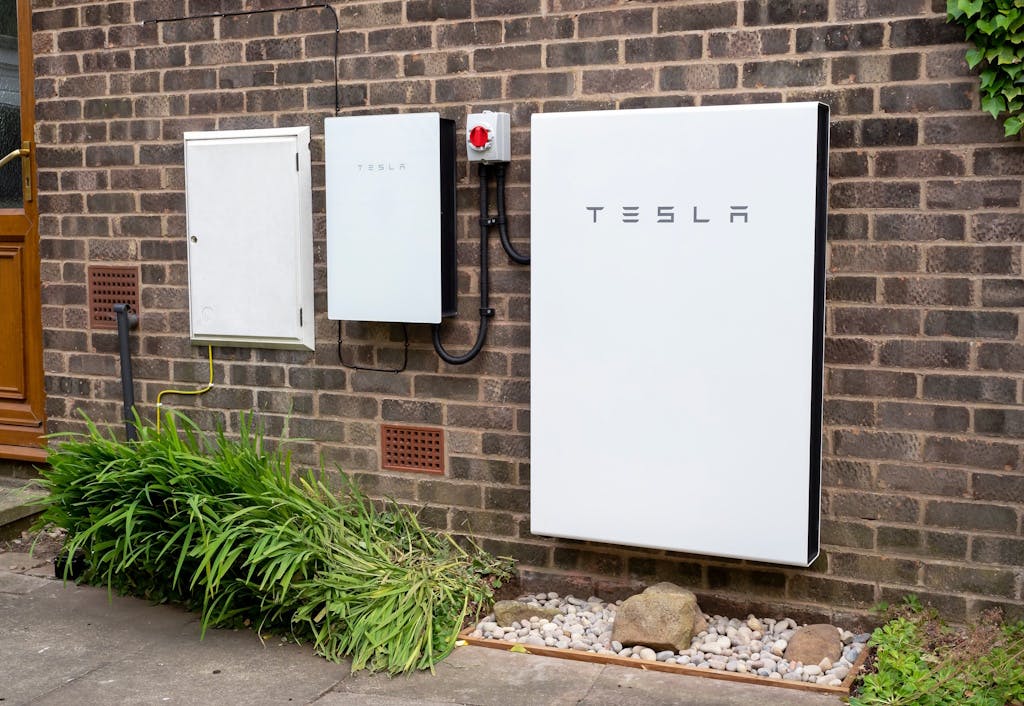
Are standalone batteries worth it?
Standalone batteries aren’t worth it. We recommend getting a storage battery with solar panels instead.
A standalone battery can save you money, but usually not enough to break even, and you’ll still be vulnerable to energy price rises.
With a solar & battery system, you can use the free electricity your panels generate to shrink your bills – and when your system produces excess electricity, you can use one of the top export tariffs to sell it to the grid.
You’ll also have a considerably greener property, and probably a more attractive one for buyers, since solar panels can increase the value of your home.
If you’re unable to get solar panels at this time, a battery still has its uses – but they’re limited.
If you would like to see the savings you could get from a solar & battery system, just answer a few questions below, and we’ll provide an estimate.
Find out how much you can save
What kind of home do you live in?
Battery storage without solar: FAQs
Related articles

Written byJosh Jackman
Josh has written about the rapid rise of home solar for the past six years. His data-driven work has been featured in United Nations and World Health Organisation documents, as well as publications including The Eco Experts, Financial Times, The Independent, The Telegraph, The Times, and The Sun. Josh has also been interviewed as a renewables expert on BBC One’s Rip-Off Britain, ITV1’s Tonight show, and BBC Radio 4 and 5.




